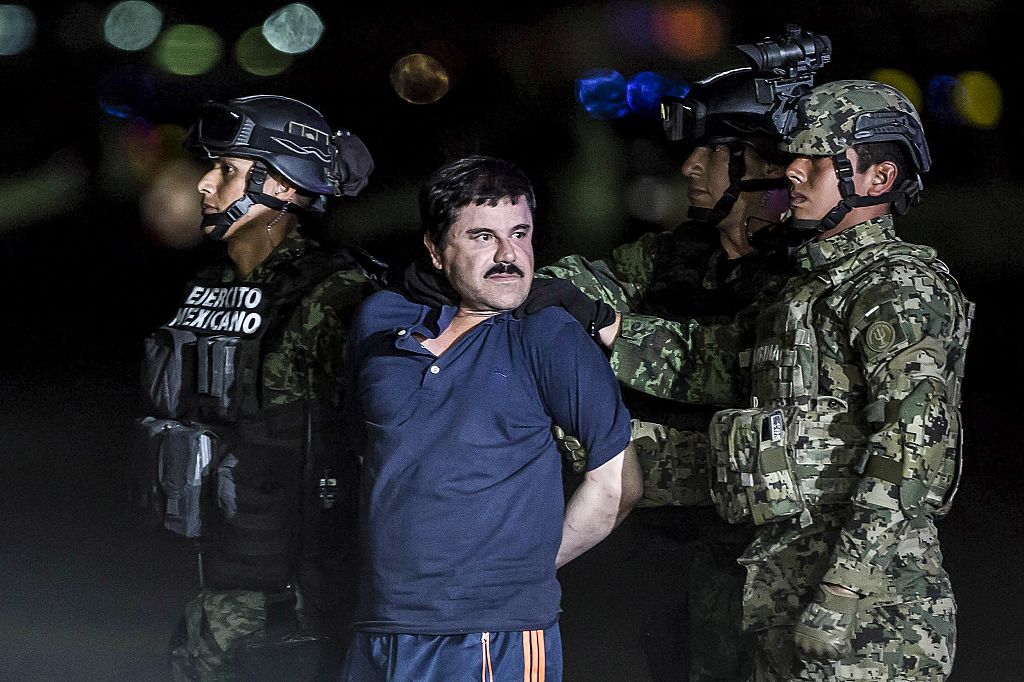
October 17, 2023
El Chapo’s Sons Ban The Production Of Fentanyl In Sinaloa
At the beginning of October, the sons of the notorious drug boss Joaquin “El Chapo” Guzman, issued a sweeping decree banning the production and distribution of fentanyl.
The about-face from the drug trade’s key player emerged in response to heightened law enforcement pressure on the illicit drug market, Reuters reports.
The order to cease all fentanyl-related activities was issued by the “Chapitos,” a group comprising El Chapo’s sons who have taken over the organization’s reins. Banners with the prohibition notices were hung on billboards and overpasses in Culiacan.
One banner warned, “In Sinaloa, the sale, manufacture, transport or any kind of business involving the substance known as fentanyl, including the sale of chemical products for its elaboration, is permanently banned.”
The message was signed, “Sincerely yours, the Chapitos.”
U.S. law enforcement officials remain skeptical about the decree’s impact despite the cartel’s bold move. They anticipate that it will likely have little effect on curbing the fentanyl trade and might even lead to an increase in the trafficking of heroin and cocaine. One law enforcement official told the Wall Street Journal, “In the aggregate, it won’t mean anything. They think if they do this, they won’t take as much heat.”
However, the Chapitos have previously shown their willingness to enforce such decrees with brutality.
In June, three lifeless bodies, covered in blue fentanyl pills, were discovered on the outskirts of Culiacan. More recently, a series of abductions has unfolded in Sinaloa, with around a dozen people kidnapped in the past 10 days, most believed to have connections to the fentanyl trade.
“We believe these kidnappings and disappearances are linked to the ban on fentanyl because their relatives have presented formal complaints to authorities,” said human rights activist Michael Angel Murillo of the Sinaloa Civic Front
El Chapo led the drug empire for decades before being sent to the United States in 2017. He was subsequently found guilty of narco-trafficking and imprisoned in a supermax federal facility in Colorado.
Attention then shifted to the former kingpin’s sons, leading to the capture of Ovidio Guzman in January. His arrest resulted from gun battle that killed at least 29 people, including a Mexican army colonel. Ovidio Guzman was recently extradited to the U.S., while U.S. federal prosecutors indicted four Guzman brothers and about two dozen associates from the Sinaloa cartel in April.